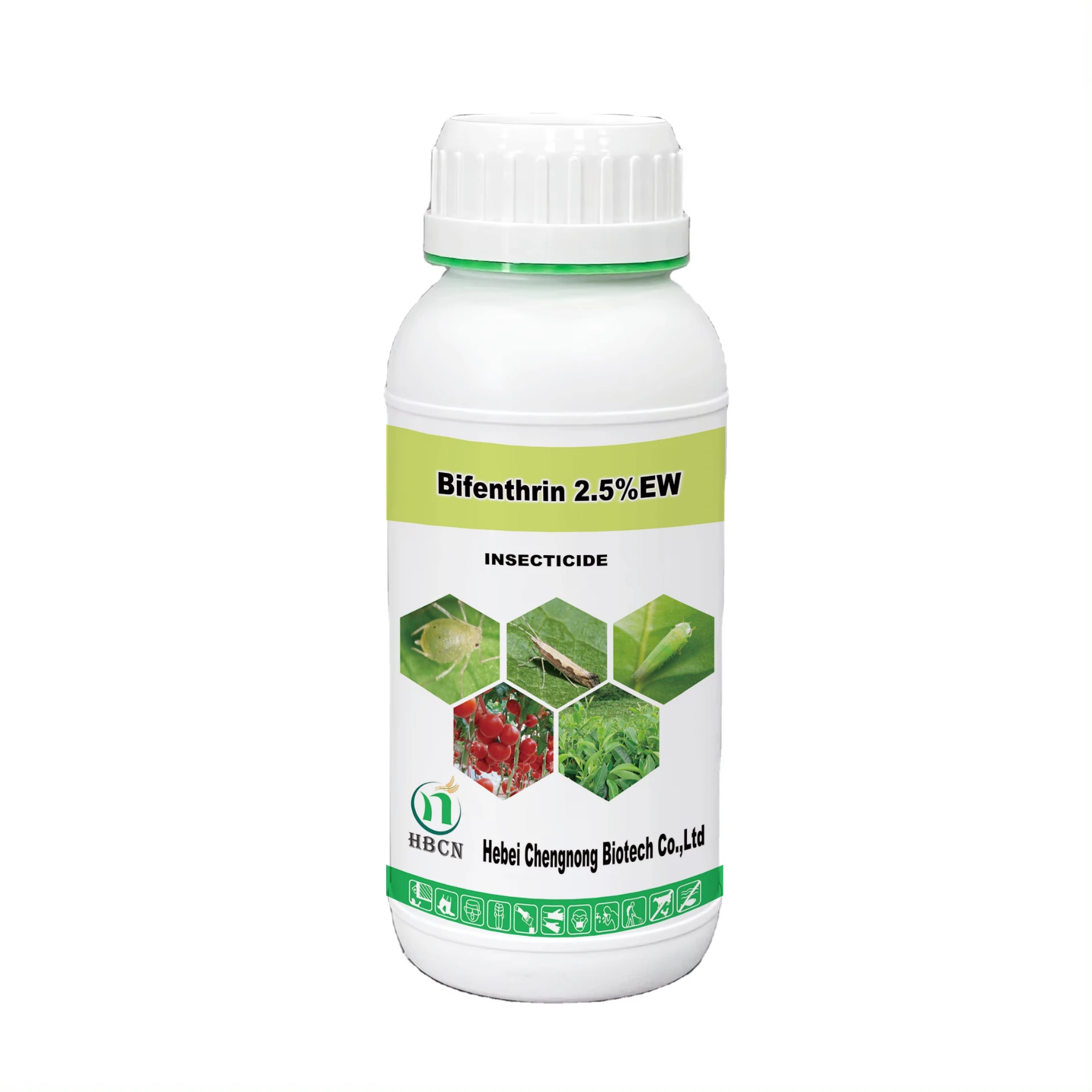
Dec . 31, 2024 07:19 Back to list
New Herbicide Using Mesotrione Emerges from China for Effective Weed Control
Exploring Mesotrione China’s Emerging Herbicide for Weed Control
In recent years, the agricultural landscape in China has seen significant advancements in crop management, particularly concerning weed control. One notable development is the use of mesotrione, a selective herbicide that has gained attention for its effective weed management capabilities. This article explores the properties, benefits, and implications of mesotrione as a crucial component in modern agricultural practices in China.
What is Mesotrione?
Mesotrione is a herbicide developed by Syngenta that belongs to the triketone family. It is particularly effective against a broad spectrum of annual and perennial grass and broadleaf weeds. The mode of action of mesotrione involves the inhibition of 4-hydroxyphenylpyruvate dioxygenase (HPPD), an enzyme critical for the production of carotenoids in plants. Carotenoids are vital for protecting chlorophyll from degradation caused by light, and without them, plants will ultimately succumb to stress and die.
Benefits of Mesotrione
1. Selective Control Mesotrione offers selective weed control, meaning it can target specific weed species without harming the crops. This aspect is particularly advantageous for farmers cultivating crops like corn, where undesirable weeds can significantly impact yield.
2. Effective Against Resistant Weeds With the increasing prevalence of herbicide-resistant weed populations, mesotrione presents a valuable tool in integrated weed management strategies. Its unique mode of action allows it to be effective against certain weed species that have developed resistance to other commonly used herbicides.
3. Environmental Considerations Mesotrione is known for its relatively low toxicity to humans and non-target organisms when used according to label instructions. This aligns with the growing emphasis on sustainable agricultural practices in China, where farmers are increasingly looking for environmentally friendly solutions.
china weed killer with mesotrione

Application in Chinese Agriculture
Chinese agriculture is at a pivotal point, balancing the demand for higher yields with the need for sustainable practices. The introduction of mesotrione into the market provides a means to achieve these goals. As farmers face challenges such as herbicide resistance and changing climatic conditions, the ability to effectively manage weeds becomes critical.
Farmers in regions like the North China Plain, which is known for its intensive corn production, can benefit greatly from the implementation of mesotrione. Its efficacy in controlling competitive weeds ensures that crops have optimum conditions for growth, leading to improved yields and less reliance on multiple herbicide applications.
Potential Challenges
Despite its advantages, the adoption of mesotrione in China may face some challenges. Education and training for farmers on the proper application of mesotrione are crucial. Misuse or over-reliance on any single herbicide can lead to resistance issues. Therefore, integrating mesotrione with other weed control methods—such as crop rotation, cultivation practices, and other herbicides—can enhance its effectiveness and sustainability.
Additionally, regulatory frameworks and the approval process for new agrochemicals can be time-consuming in China. Ensuring that farmers have access to mesotrione and that they understand its benefits and usage is key to maximizing its impact on crop management.
Conclusion
Mesotrione stands as a promising solution for effective weed control in China's agriculture sector. Its selective nature, efficacy against resistant weeds, and environmentally friendly profile align well with the current trends in sustainable farming practices. While challenges in its adoption and implementation exist, the potential benefits make mesotrione a critical tool for farmers aiming to improve productivity and manage weed pressures effectively. As the agricultural landscape continues to evolve, embracing innovative solutions like mesotrione will be essential for ensuring food security and sustainable farming in China.
-
Advanced AI Insecticide | GPT-4 Turbo Enhanced
NewsAug.03,2025
-
Kasugamycin Fungicide: Efficient Bacterial & Fungal Control
NewsAug.02,2025
-
Emamectin Benzoate: AI-Optimized Pest Control Solution
NewsAug.01,2025
-
Best Abamectin 95% | Top Pesticide for Crop Protection
NewsJul.31,2025
-
Insecticide Spirotetramat 11% + Thiacloprid 11% SC at Good Price
NewsJul.30,2025
-
Best Abamectin SDS - Premium Quality & Reliable Safety Data
NewsJul.29,2025
